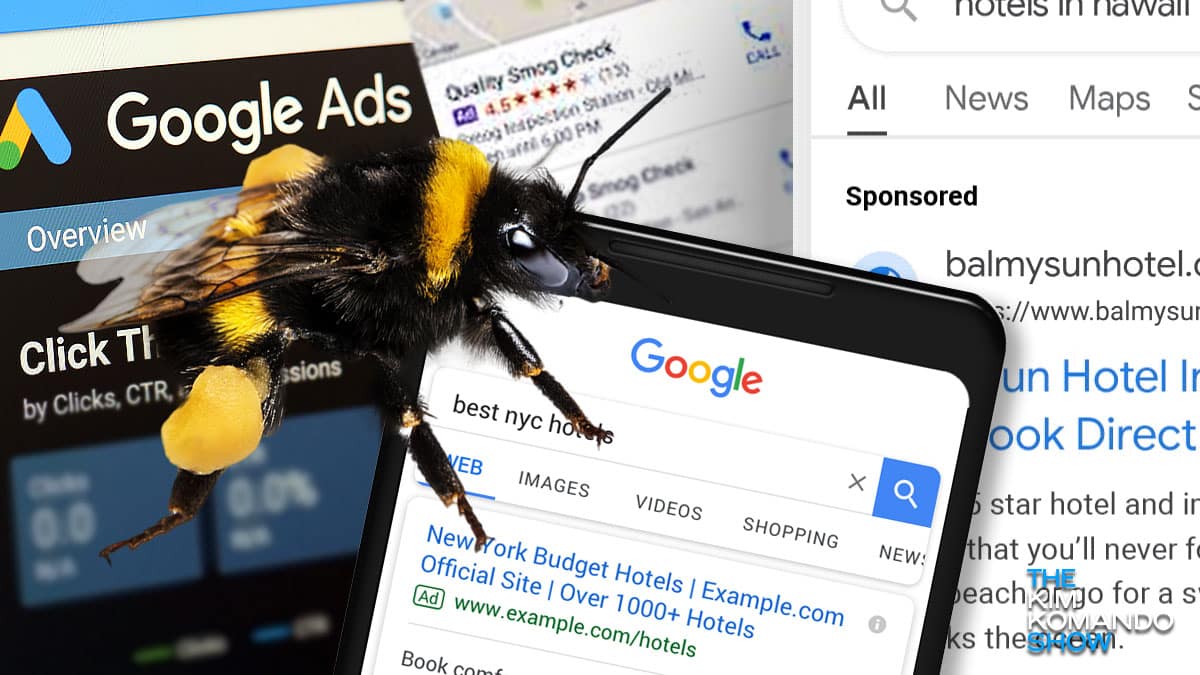Malware can come from pretty much anywhere nowadays. Just previewing a Word doc could infect your device. Here’s what you need to know to stay safe.
What do you do when you need to find something online? “Just Google it!”
Not so fast. Cybercrooks hide malware in Google Ads that promote popular software. They’re buying ads and getting good at SEO, so their malicious links appear at the top of your search results. Here’s what to look out for.
Enterprising criminals
Cybersecurity company Secureworks found Bumblebee malware in ads promoting apps commonly found on business networks: Zoom, Cisco AnyConnect, ChatGPT and Citrix Workspace.
The malware sneaks into users’ computers when they initiate a download.
Endgame
Once the malware gets into a device, attackers use it to leverage access to other devices on the network.
They deploy tools to scan networks, steal employee credentials and dump sensitive company data. All of this points to one scary outcome: ransomware deployment.
It’s not just business
You may not recognize all these apps, but we’ve been talking about ChatGPT for months! And Zoom became a household name during the start of the pandemic.
Crooks hide malware in lots of ads. YouTube, Facebook, Amazon, Target and Walmart are just some big names that attackers use to get you to click on their malicious links.
RELATED: Fake ChatGPT apps
Watch where you click
While it might not be true for all sponsored results, there is a chance that a link won’t take you where you want to go. Criminals use SEO tricks and pay to get malicious ads near the top of Google search results. If you click them, you could end up on a bogus website.
Here are some tips on how to stay safe when searching online:
- Avoid clicking on sponsored links or advertising when searching for something through Google. Instead, type all web addresses directly into your browser so you know you’re going to the official site.
- If you are unsure about a link, hover your cursor over the link to get a preview of the destination.
- If you see a message from a website that claims you have a virus, it’s most likely a scam. Don’t call the number or click anything on the site. Close your browser immediately and avoid revisiting that site.
- Always have a trusted antivirus program updated and running on all your devices. We recommend our sponsor, TotalAV. Get an annual plan with TotalAV for only $19 at ProtectWithKim.com. That’s over 85% off the regular price!
